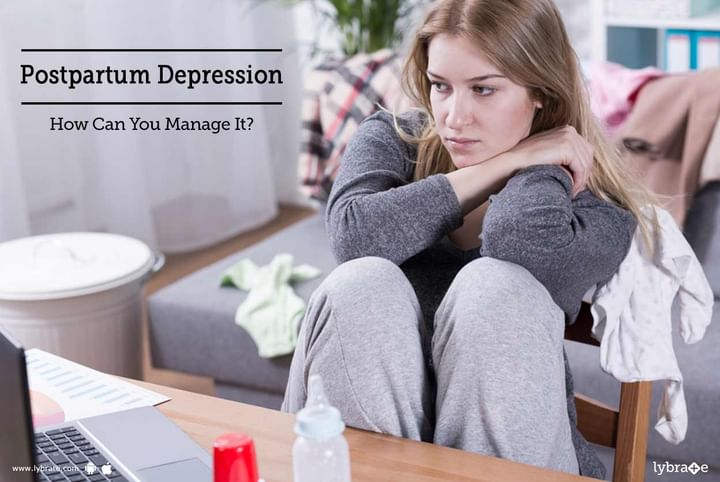Postpartum Depression - How Can You Manage It?
If you’re a new mother, chances of you going through postpartum depression are one in four and statistics report that more than 50% of Indian mothers experience it. When your life gets a whole new meaning with parenthood, feelings of sadness, anxiety, and low energy can be somewhat perplexing. That's when you know you are experiencing postpartum depression, and you're not the only one.
What is postpartum depression?
Often termed as ‘Baby Blues,’ which is a milder version of depression, postpartum depression (PPD) affects new mothers, weeks after childbirth. It is a long-lasting bout of severe depression which directly affects the mother’s health and mental condition. It can manifest in the form of sadness, severe mood swings, bipolar disorder, change in appetite, little energy, nonexistent libido among other symptoms.
It’s often overlooked as a sign of weakness and fear to embrace parenthood, but it’s a bit more severe than that, though curable with proper psychotic treatment. Doctors believe that the depression is caused mostly due to massive hormonal imbalance during pregnancy, and also due to a considerable change in the lifestyle before and after childbirth. The latter sometimes affects fathers as well, as a result of which about 10% fathers experience PPD in their lifetime.
Risk factors involved
Postpartum depression can accentuate suicidal thoughts, mostly in the mother. As stated earlier, it affects the mother’s mental state and in many cases, leads her to commit suicide, unless treated with utmost love and care. Furthermore, statistics show that PPD affects many mothers from a low socioeconomic background and they may be 11 times more likely to experience PPD than mothers having a better background.
Treatment
Since it is a type of depression, most cures can be obtained by therapy rather than a mainstream process using medication. Cognitive behavioral therapy (CBT) and interpersonal therapy (IPT), are two of the most popular types of treatment that have found the most success among patients. Some doctors opine that PPD and major depressive disorder (MDD) are different variants of the same depression, and hence, medicate patients accordingly.
One way of handling postpartum depression is by psychotherapy (which is not as menacing as it sounds!), where the mother, overwhelmed by the new tasks of motherhood, can share her thoughts with a professional psychiatrist and get the pressure off her chest.
Postpartum depression is an underrated issue, which has the potential to ruin a new mother’s life and can affect the baby’s growth as well. Thus, to live the subsequent years depression-free, it is essential for the mother to go through therapy if the symptoms are observed.
In case you have a concern or query you can always consult an expert & get answers to your questions!



+1.svg)
